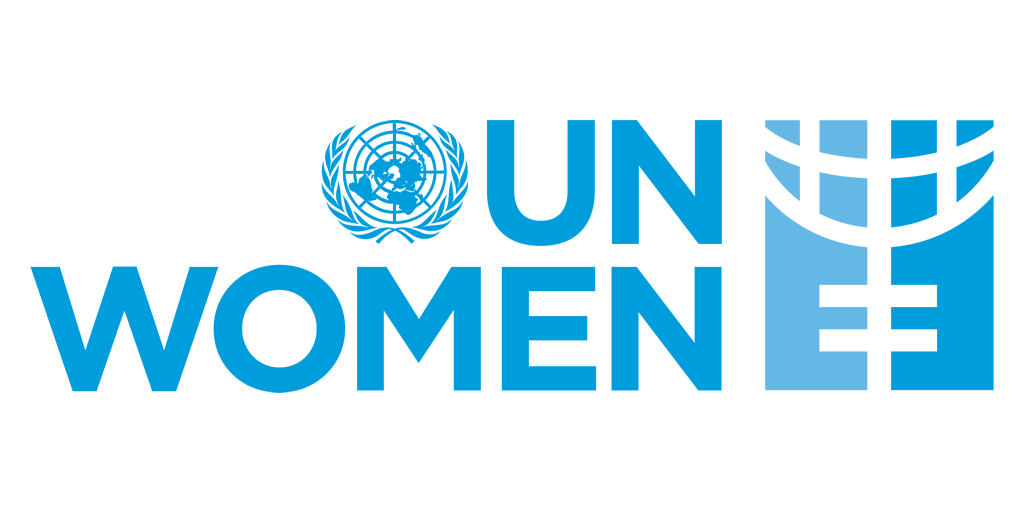
Our largest challenges may yet be ahead of us in global efforts to eliminate female genital mutilation (FGM). The predicted rapid population growth among young girls in countries with high prevalence of the practice could see an estimated 4.6 million girls undergoing FGM each year by 2030. We must not allow this to happen. By working together – the UN, member states – civil society and others – we must pool our knowledge to alleviate the serious risk to a new generation of women and girls.
UN Women Statement for the International Day of Zero Tolerance for FGM 2022
We know that this will take coordinated, holistic approaches. That is why, as part of last year’s Generation Equality Forum, global leaders committed to action. Members of the Action Coalitions vowed to accelerate the end to FGM and all such harmful practices by reversing discriminatory laws, scaling up evidence-based prevention programming, providing specialized services for survivors, and supporting the efforts of grassroots-led movements and activists.
In eliminating FGM, we know that strengthened collaboration and community-led approaches make a crucial difference. In Somalia, which has the highest global prevalence of FGM at 98 per cent of women and girls between the ages of 15 and 49, a partnership between UN Women and the Ifrah Foundation is engaging elders, religious leaders, women, men and young people in joint advocacy to end FGM and other forms of gender-based violence. The approach includes community outreach and activities to address harmful social norms and attitudes.
In Liberia, with support from the EU-UN Spotlight Initiative, the National Council of Chiefs and Elders in Liberia have been able increase their monitoring of the bush schools that are used for practicing FGM. Through initiatives like this, sustained monitoring of FGM has proven sustainable and resilient, even through the disruption of many essential services caused by the COVID-19 pandemic. In fact, with training, communities have disseminated messages on the prevention of both COVID-19 and FGM.
Eliminating FGM will take concerted, holistic approaches that address gender discrimination, poverty, the impact of crises and obstacles to women’s leadership. Existing child protection systems must be strengthened. The elimination of FGM and violence against women and girls must also be integrated into broader national action plans on gender equality, as well as into COVID-19 prevention, response and recovery plans.
We are edging ever closer to the deadline of 2030 to achieve the Sustainable Development Goals, which include the target to eradicate FGM. We must not let this generation down. We call on all our partners and allies to commit to the collective action necessary to bring about progress.
Topics
- Harmful practices
- Ending violence against women and girls